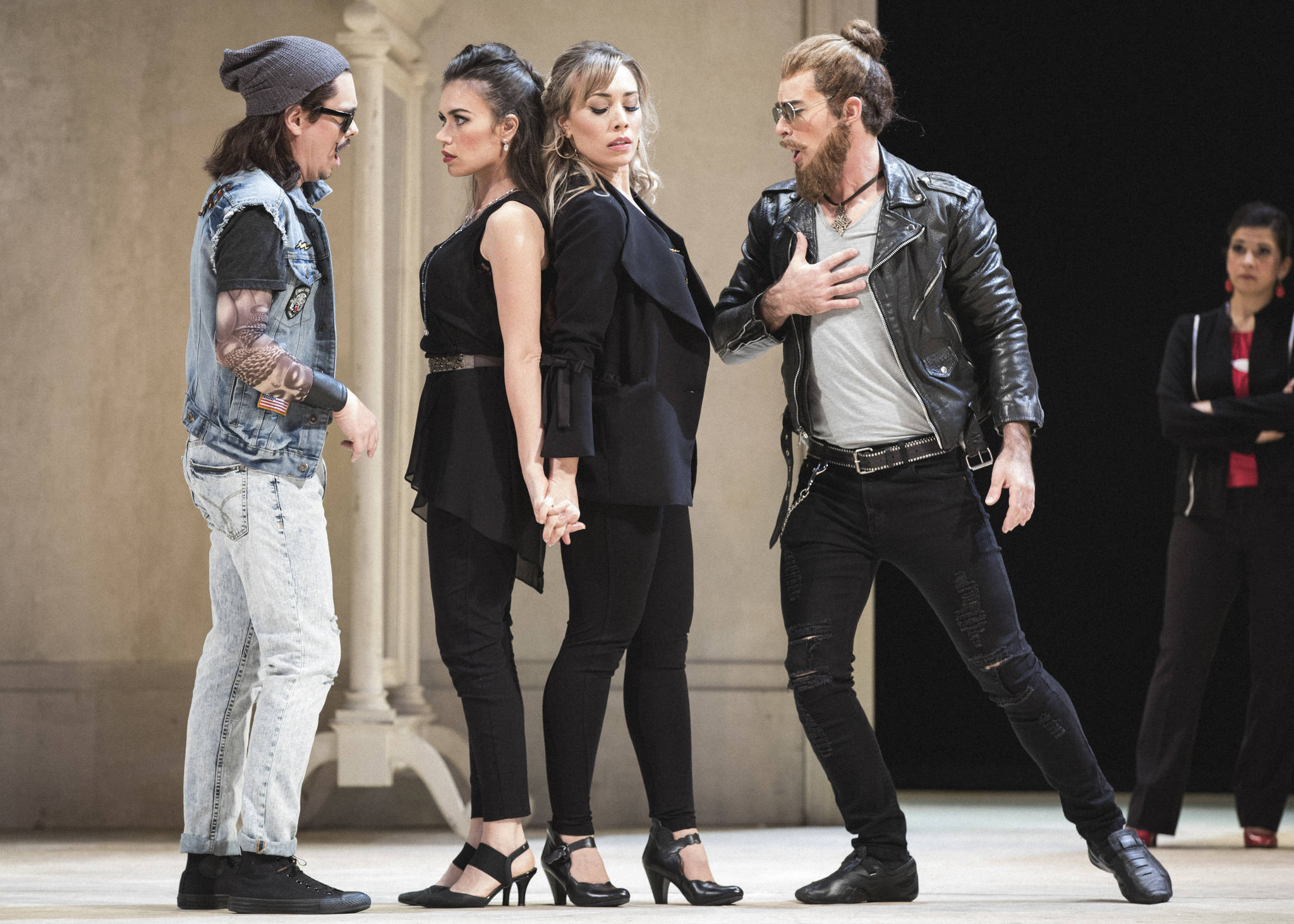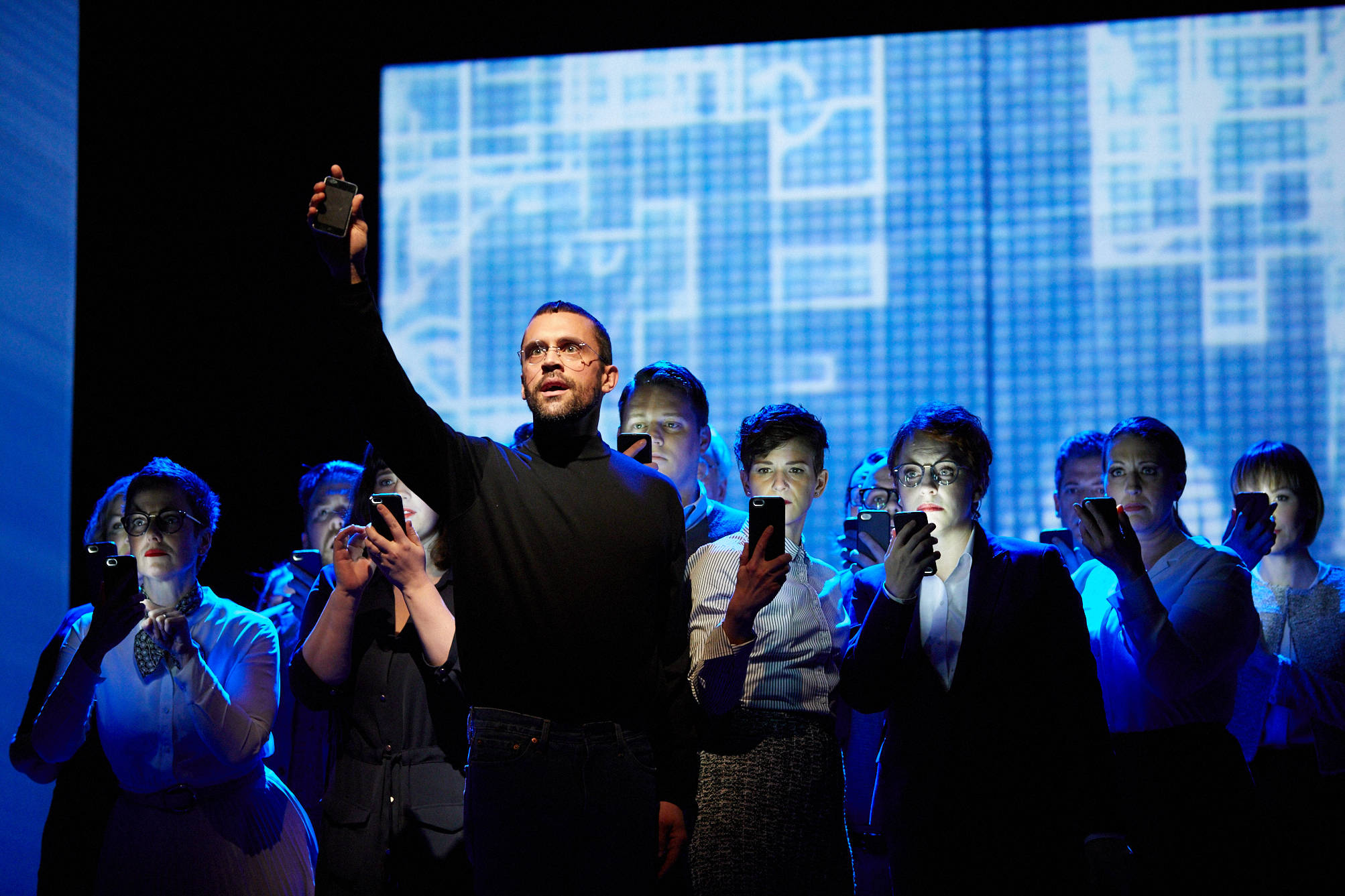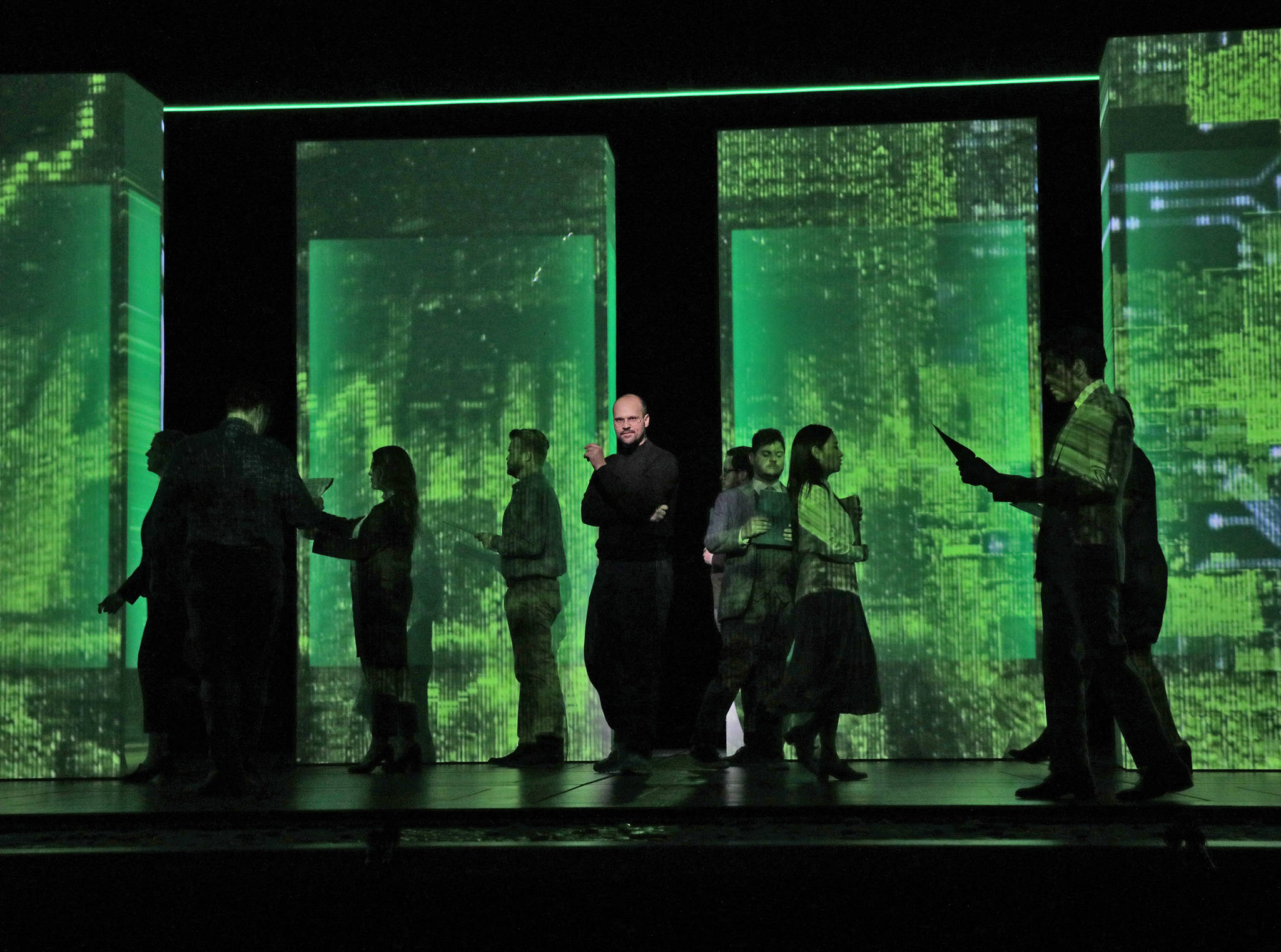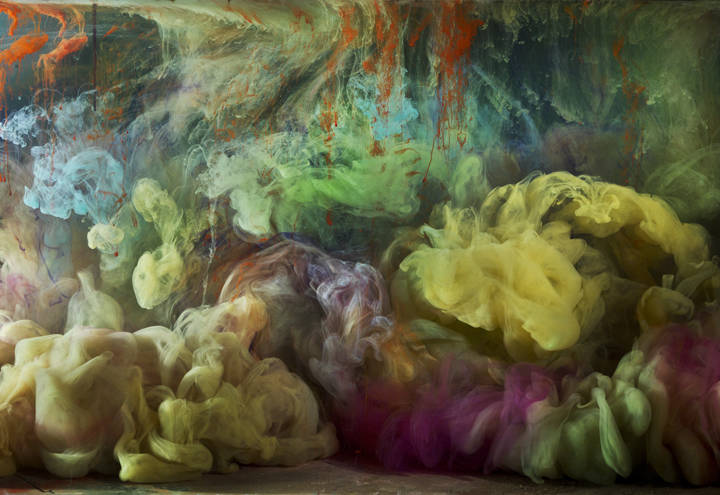What is comedy? One definition: surprise, incongruity, the interplay of the expected and the unexpected. Comic opera thrives on applying this concept to human behavior: the clash of heart and head, the exploration of human folly, the sendup of vice, comeuppance and forgiveness. Add music, and opera can do this even more affectingly than other theatrical forms.
But another approach to comedy in opera stagings has become increasingly prevalent. Call it Violation of Operatic Decorum: any sight gag that runs counter to conventional wisdom about the art form’s supposed highbrow tone. It’s meta-comedy, applied from without, so it does nothing to illuminate or enhance the work itself. It works in inverse proportion to its frequency, since, like any comic device, it loses potency as it moves from unexpected to expected. It’s often vulgar, but it’s not honest vulgarity, it’s slumming—under the pretense of doing opera a favor, loosening its corset strings, pretending to contravene popular prejudices about the art form while actually clinging to and reinforcing them. I’m not talking about legit physical comedy (say, the complications of characters hiding from one another in The Marriage of Figaro), I mean the clichéd schtick—spastic dance moves, swaggering, hip-shaking—the comic shock value of which functions only within a particular narrow view of what “opera” signifies. “Look how fun opera can be!” this style of comedy says, even though the inevitable corollary is “Operas that don’t do this aren’t fun.”
There’s some of this in practically every comedy Seattle Opera stages, but in its Così fan tutte, directed by Harry Fehr, there’s nothing else. There is no genuinely character-driven humor in this production, there’s only caricature that relies very heavily on superficial V.O.D. jokes—a shame considering Così can be one of the most probing, even discomfiting, examinations of human nature in the repertory. In Lorenzo da Ponte’s libretto, which Mozart set to music in 1790, soldiers Guglielmo and Ferrando bet their older cynical friend, Don Alfonso, that the faithfulness of their fiancées is above reproach; he persuades them to prove it by having them disguise themselves and attempt to seduce each other’s girlfriend. One of them succeeds.
The work’s title, which the three men sing at the opera’s denouement, translates literally as “Thus do they all” or more colloquially as “They’re all like that.” It’s not what you’d call woke—in their eagerness to gull their girlfriends, the men are hardly paragons of trustworthiness either—but it can work if you play the piece to point up everyone’s human fallibility. (For a sublime example of this, see Verdi’s Falstaff, which ends with the cast breaking the fourth wall and addressing the audience. “All the world’s a joke/Man is born a jester,” they sing—not as a condemnation, but as a realization of our common humanity and an all-embracing forgiveness of our flaws.)
Seattle Opera is making quite a virtue of setting the opera in present-day Seattle, but since there’s very little you can get away with in altering the music or the libretto, this necessarily can only involve the trappings: giving Guglielmo a man bun, mentioning Columbia City in the supertitles. But Così’s narrative fulcrum—men defending fidelity as the paramount feminine ideal—is too rooted in the mores of its time to function effectively in any other. In the context of 2018, nothing that happens here is plausible—the same miscalculation that nearly sank Seattle Opera’s La traviata a year ago. (An example that did work, grippingly, was SO’s February 2017 production of Janáček’s Katya Kabanova; this tale of dream-crushing social strictures and implacable moralizing in 1860 Russia lost none of its power set in 1950 small-town Washington.) Relatability, it seems, was the motive here, based on the theory that what operagoers want is to see themselves in a mirror. But the strength of keeping Così in the 18th century comes from encouraging listeners to think on their own: Have we evolved? Are women still judged this way? The way to involve an audience in a show, I’m convinced, is to provide an opportunity to interact with it—to raise questions, not feed you answers, with its modern-day resonance as subtext rather than text.
All this bothered me less when SO last staged this production of Così in 2006, but this time they really shovel on the V.O.D. It’s relentless to the point that it eventually works against itself. The first speed bump is the Act 2 showpiece aria, “Per pietà,” sung by Guglielmo’s girlfriend Fiordiligi. It’s the counterpart to her Act 1 aria “Come scoglio,” in which she vows not to crack; in “Per pietà,” she admits, racked with guilt, that she was tempted. Marina Costa-Jackson, singing the role in the opening-night cast, boasts a soprano with a clear, soaring ring and an emotion-laden carrying power just short of Wagnerian. The performance is splendid but disconcerting: Where did this genuine feeling come from all of a sudden? Five minutes ago everyone was gyrating like wind-up toys. The lurch from one mood to the next calls attention to itself, distracts you from the story.
It foreshadows the finale, which here, unlike most stagings, depicts the four lovers as unreconciled and angry as they exit, leaving Alfonso onstage to smirk. This contradicts the lyrics they’re singing—laugh, forgive, and forget, in essence—but that’s the lesser problem. This tacked-on dark ending is more than just an unconvincing shift in tone; after two and a half hours of groin thrusts, lame local references, and some of the cheapest laughs in Seattle Opera history, a scene that suddenly pretends to be making some kind of important statement is too much to swallow. The gravity feels unearned, arbitrary, even fraudulent. The staging even goes to the extreme of having Ferrando throw his Dorabella to the ground—another lesson not learned from La traviata: Depicting men physically abusing women to goose the audience with a frisson of melodrama is grotesque, and Seattle Opera needs to stop allowing directors to do this.
On the plus side, Così fan tutte offers a vocally strong cast. Tuomas Katajala brings Ferrando an elegant, lightly reedy tenor; his Act 1 serenade, “Un’aura amorosa,” an oasis of calm, is delicious. As Despina, the maid in on the masquerade, Laura Tatulescu has a voice slightly weightier and stronger than is common for this role, and she uses it to make her character that much gutsier and more assertive than usual, to winning effect. Craig Verm as Guglielmo, Kevin Burdette as Alfonso, and Ginger Costa-Jackson (Marina’s real-life sister—a neat touch) as Dorabella are solid all the way around.
What is dismaying about the whole affair is that we’re likely never again going to see a Così not done this way. Singers needing a break from the near-absence of comic relief in Verdi, Puccini, and Wagner understandably relish the chance; Così, despite its scope for nuance and depth as well as farce, has become a prime opportunity to let loose, and we’re not getting those worms back in the can. I wonder, though: If you asked stage actors what the keys to comedy are, what would they suggest? Discipline, care, attention to detail? Or mere license?
McCaw Hall, 321 Mercer St., seattleopera.org. $69–$250. 7:30 p.m. Jan. 17, 20, 24, 26, 27.








